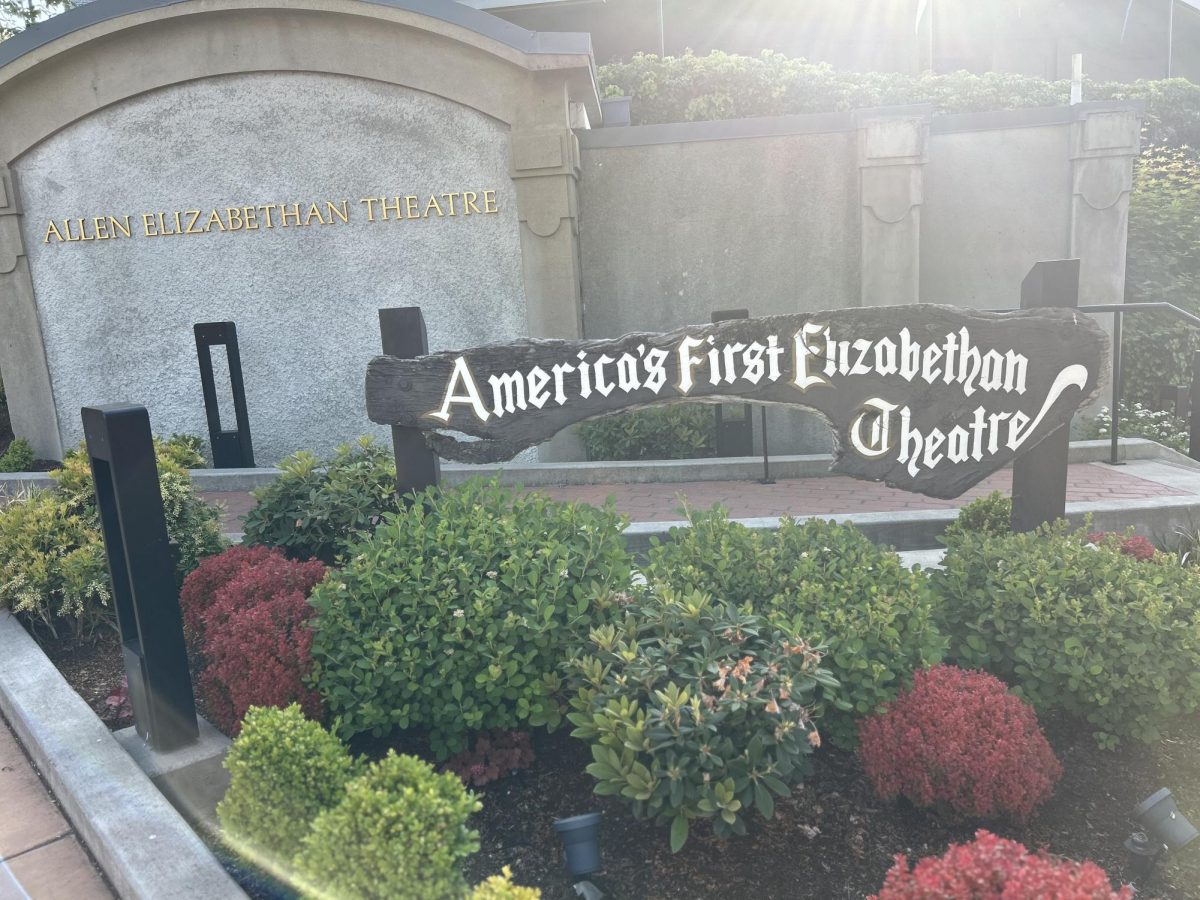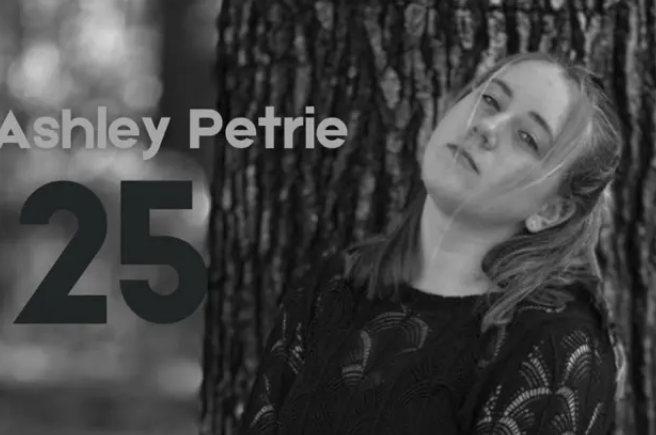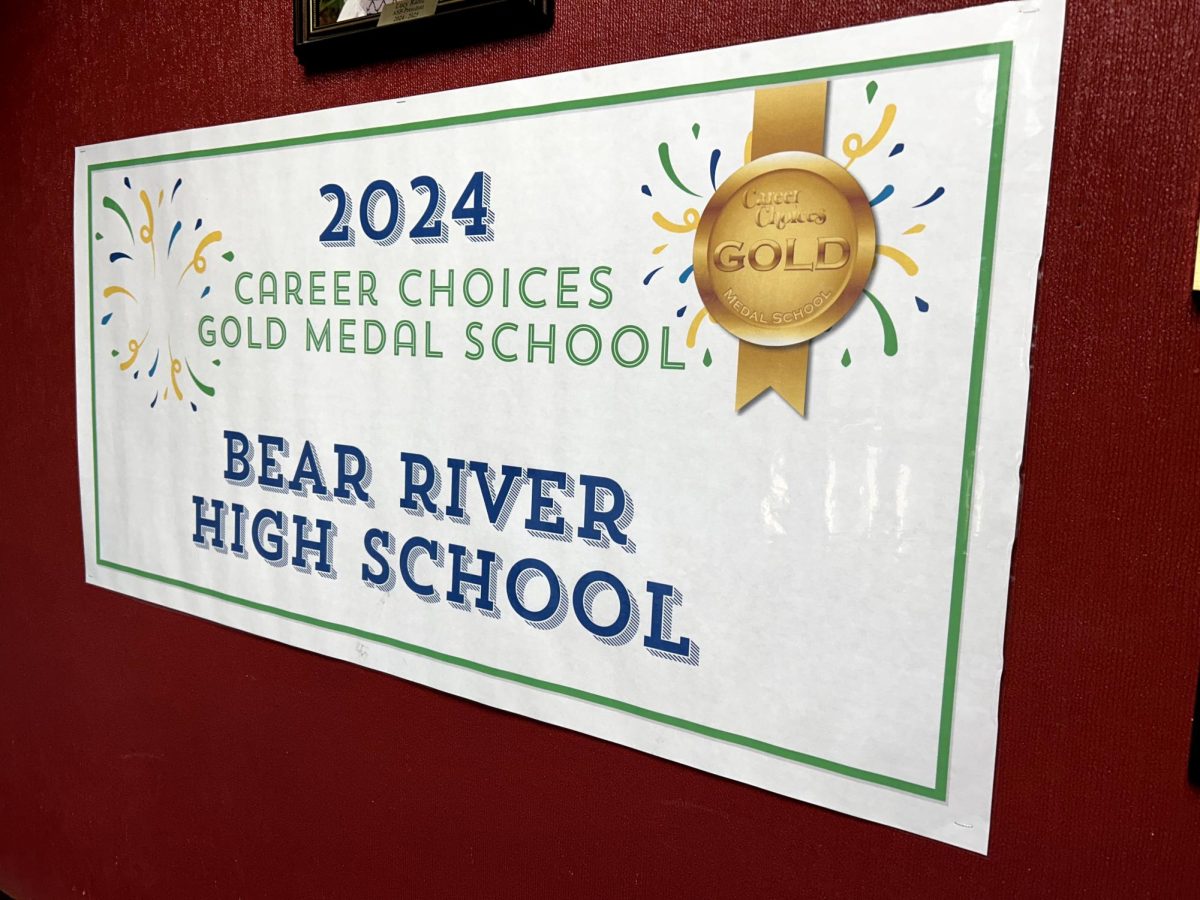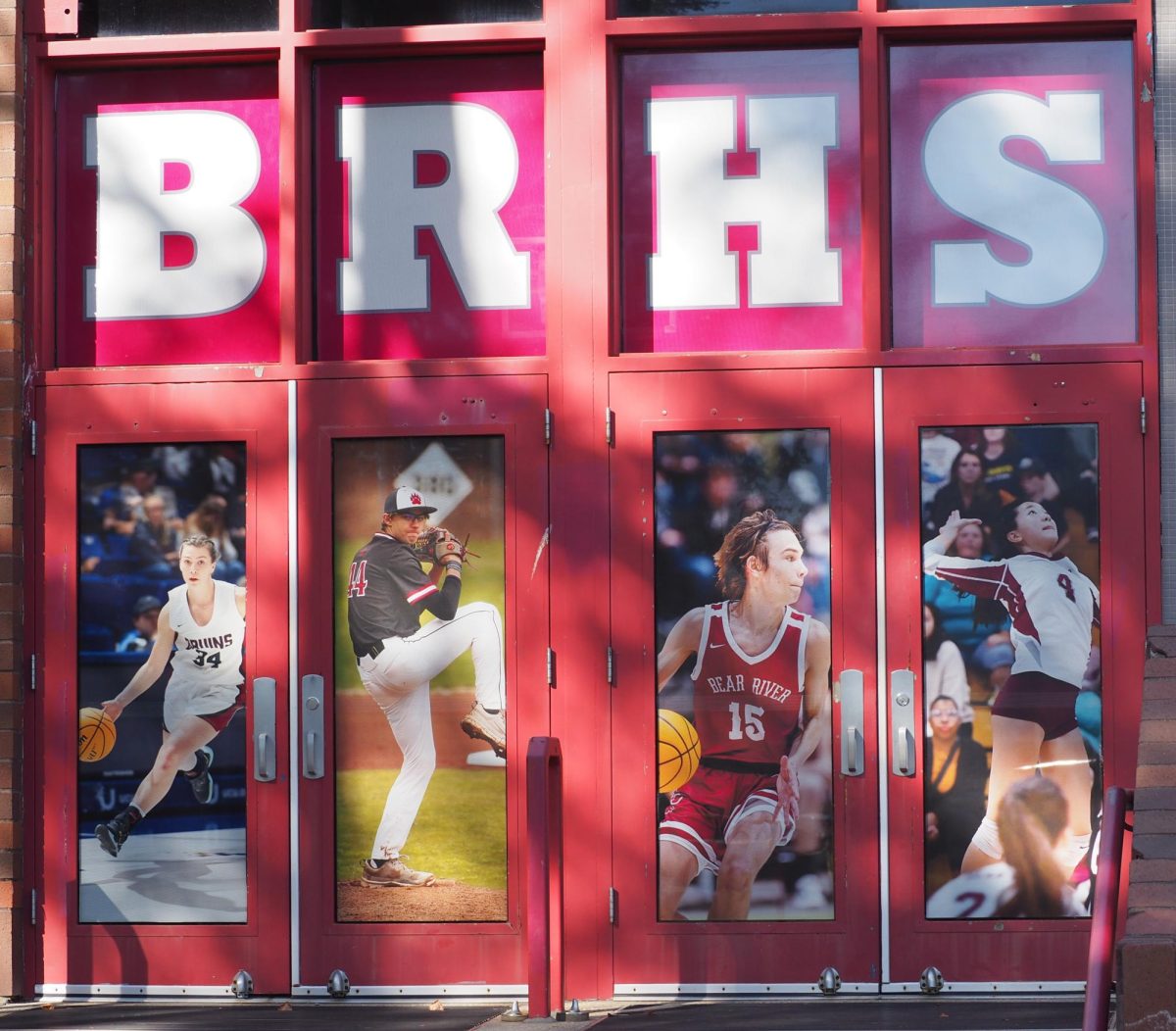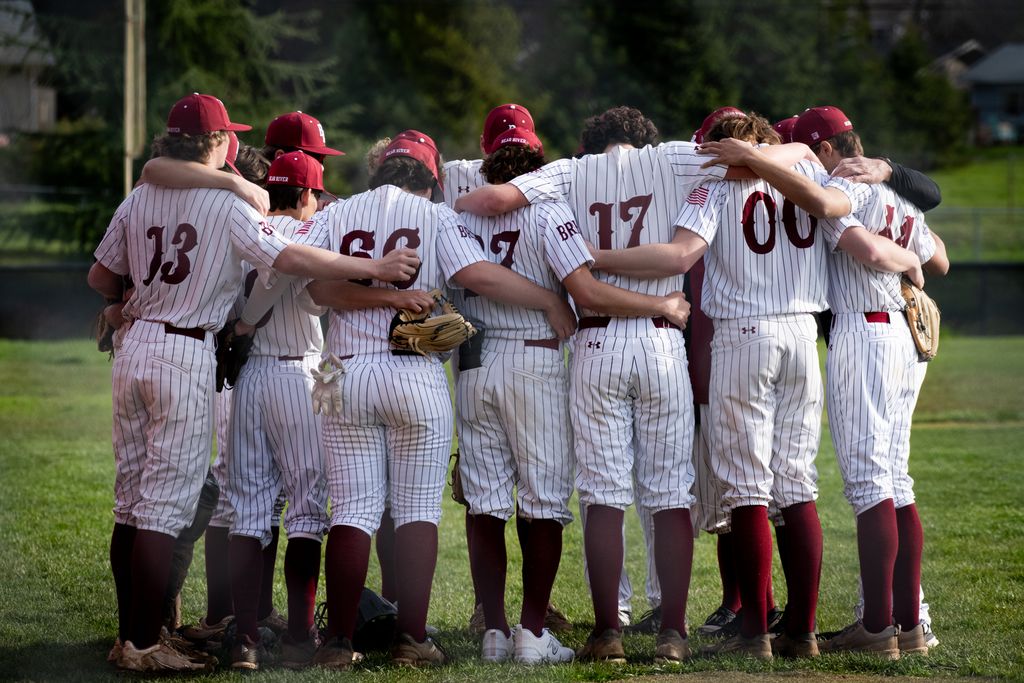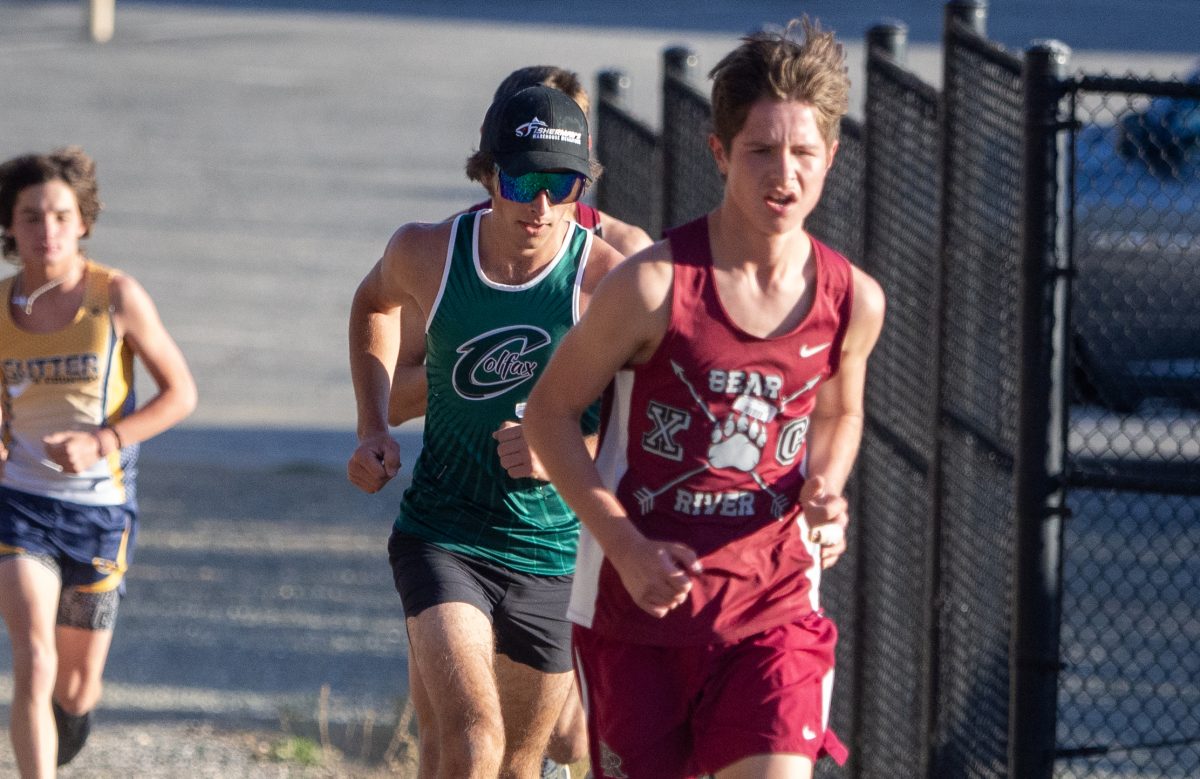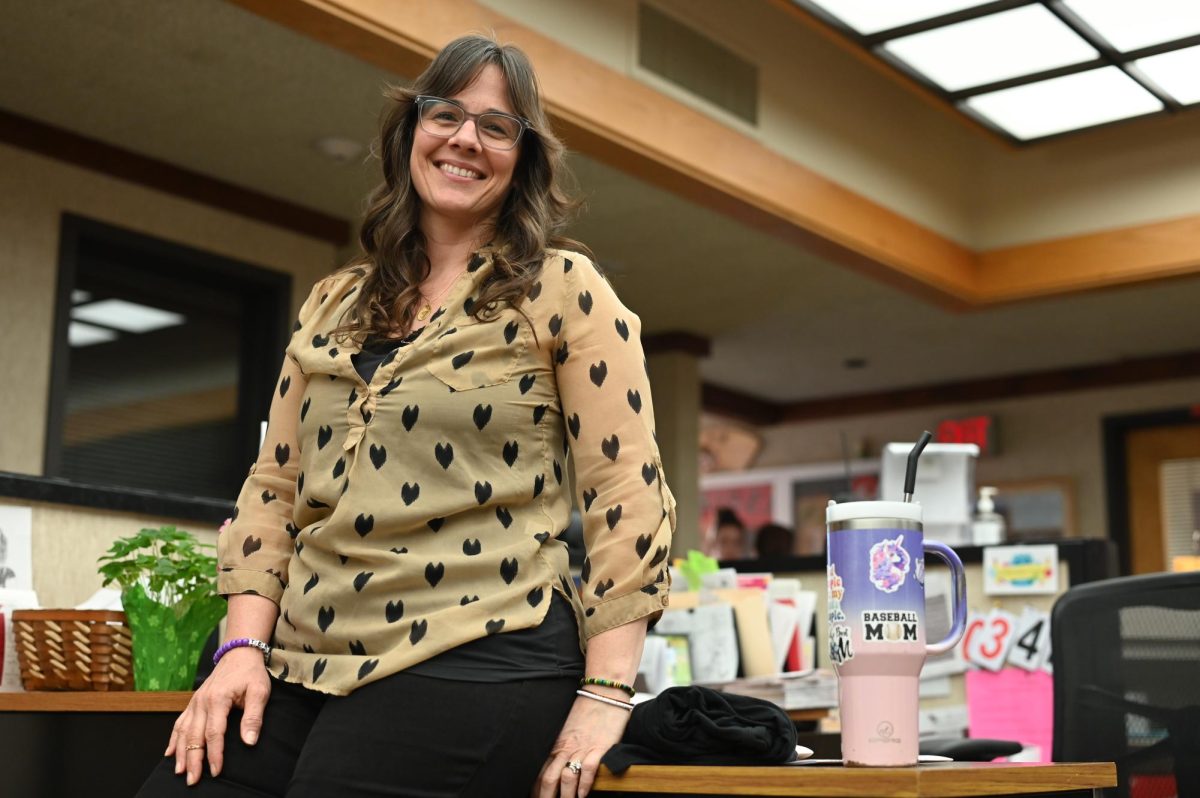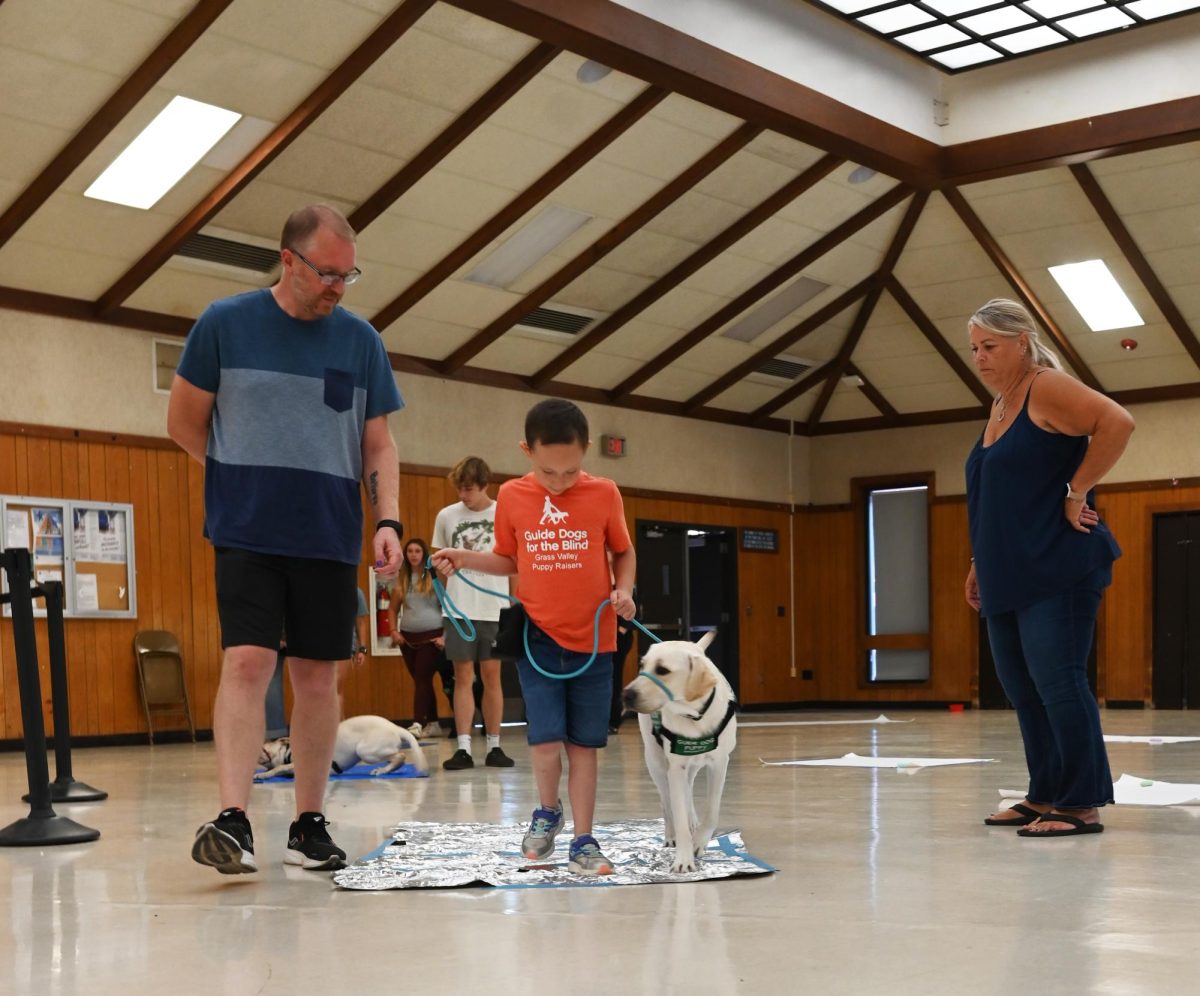About the BRCurrent.com
The BRCurrent.com is the student voice of Bear River High School. Follow us on Instragram (@BRCurrent) and Facebook (BRCurrent) and listen to What’s Bruin?, the student podcast of Bear River High School on Apple Podcasts, Spotify and anywhere you get your podcasts. Got a question or want to submit a story idea? Email [email protected].
Our Editorial Policy
The BRCurrent.com, NJUHSD Literary Magazine and the Rapids Yearbook are publications created by and for students at Bear River High School. The BRCurrent.com is created and managed by Online MultiMedia I & II, the Literary Magazine is a creation of Publication Design-LitMag I & II and the Rapids is produced by Publication Design-Yearbook I & II. The editorial policy, below, has been approved for publications at Bear River High School.
Bear River High School Publications Editorial Guidelines
I. PRINCIPLES AND RESPONSIBILITIES
General Principles
The Bear River High School Publications Editorial Guidelines apply to all BRHS media, including the BRCurrent.com, the Literary Magazine, the Rapids Yearbook and any social media accounts directly tied to these media.
All student media referenced in these editorial guidelines are designated public forums written, edited and managed by BRHS students as part of journalism classes taught by a certified journalism educator. The purpose of BRHS media is to inform and entertain our community through timely, accurate, impartial and thorough reporting as well as to serve as an educational experience for staff members. Although the staff is open to talking with administration about story ideas, the final decision-making process lies with the editor(s)-in-chief and the editorial board in consultation with the faculty advisor. The advisor shall review all material proposed for publication before publication, and may refuse to publish material that fails to meet the guidelines outlined below, or that otherwise fails to meet standards of responsible journalism or the District’s educational standards.
BRHS media and its staff are protected and bound by the principles of the First Amendment and all other protections and limitations granted by the Constitution and the various laws and court decisions implementing those principles. The staff strive to uphold the principles of journalism as outlined by the Pew Research Center’s Project for Excellence in Journalism as well as the highest ethical standards of the Society of Professional Journalists’ Code of Ethics. As a result, BRHS media will not publish any material student editors deem to be unprotected. This includes material that is libelous, obscene, materially disruptive of the school process, a violation of copyright or that represents an unwarranted invasion of privacy.
As it is essential to preserve the freedom of the press in order to preserve a free society:
The media will serve the best interest of the students and faculty of Bear River High School, keeping itself free from any commercial obligations distracting from this purpose; news and advertising shall remain separate in publications and have no influence one upon the other.
Any decisions affecting the publications on all levels will be made by the editorial board of student editors in consultation with the advisor.
All student media referenced in these editorial guidelines are designated public forums.
Student journalists may use print and electronic media to report news and information, to communicate with other students and individuals, to ask questions of and consult with experts and to gather material to meet their news gathering and research needs.
BRHS Media and its staff are protected by and bound to the principles of the First Amendment and other protections and limitations afforded by the Constitution and the various laws and court decisions implementing those principles.
BRHS Media will not publish any material determined by student editors or the student editorial board, in consultation with the advisor, to be unprotected, that is, material that is libelous, obscene, materially disruptive of the school process, an unwarranted invasion of privacy, a violation of copyright or a promotion of products or services unlawful (illegal) as to minors as defined by state or federal law, and/or the Student Press Law Center.
Definitions and examples for the above instances of unprotected speech can be found in Law of the Student Press published by the Student Press Law Center.
Student Responsibilities
Students who work for student publications will, in consultation with the advisor:
Determine the content of the student media;
Strive to produce media based upon professional standards of accuracy and objectivity;
Review material to improve sentence structure, grammar, spelling and punctuation;
Check and verify all facts and verify the accuracy of all quotations; and
In the case of editorials or letters to the editor concerning controversial issues, determine the need for rebuttal comments and opinions and provide space therefore if appropriate.
Advisor Responsibilities
The advisors of school-sponsored publications are professional teaching staff members and are in charge of any classes just as in a conventional classroom situation. The advisor will guide and assist the student editors, student journalists and staff in developing the student publication in accordance with the Journalism Education Association Adviser Code of Ethics.
Advisors can and should:
Model standards of professional journalistic conduct to students, administrators and others.
Empower students to make decisions of style, structure and content by creating a learning atmosphere where students will actively practice critical thinking and decision-making.
Encourage students to seek other points of view and to explore a variety of information sources in their decision-making.
Ensure students have a free, robust and active forum for expression.
Emphasize the importance of accuracy, balance and clarity in all aspects of news gathering and reporting.
Guide the newspaper staff in accordance with approved editorial guidelines.
Show trust in students as they carry out their responsibilities by encouraging and supporting them in a caring learning environment.
Remain informed on press rights and responsibilities to provide students with sources of legal information.
Display professional and personal integrity in situations which might be construed as potential conflicts of interest.
Counsel students to avoid deceptive practices in all practices of publication work.
Model effective communications skills by continuously updating knowledge of media education.
Give professional and legal advice and his/her opinion.
Read and provide feedback on drafts of all material to be published, consult with student staff members relating to the material they create, and work with student editors to ensure they review all content before publication.
Teach and encourage free and responsible expression and professional standards for English and journalism.
School Board and Administration Responsibilities
The responsibilities of the Board and administrators are to:
provide well-qualified, certified advisors for publications;
support high-quality publications.
II. PROTECTED AND UNPROTECTED SPEECH
Publication Expectations
Student editors, journalists and staff have:
The right to report and editorialize on events, ideas and issues in the school community, nation and world, even though these may be unpopular or controversial.
An obligation to seek and present contrasting views.
An obligation to learn and observe the legal and ethical responsibilities expected of professional journalists, as discussed in the Journalism Education Association Adviser Code of Ethics, including accuracy and fairness.
The responsibility to know and observe applicable laws including libel, slander, obscenity, privacy, copyright and substantial disruption of school activities, and should consider accepted community standards of decency and good taste.
Consistent with applicable law, the advisor may refuse to publish, display or post material that, in his/her professional judgment, is obscene, vulgar, profane, libelous, inconsistent with the educational goals of the District, is reasonably forecasted to disrupt the educational environment, advocates the use of drugs or alcohol, violates the District’s non-discrimination or other policies, violates the rights of others, violates any applicable state or federal law, or is unsuitable for its potential audience.
The Ethical Protocol outlined in these guidelines under “Ethical Decision Making” shall serve as a guide in assisting the advisor in providing a sound learning environment and experience for student editors and journalists in print, broadcast and social media contexts.
Legal Advice
If, in the opinion of a student editor, student editorial staff or faculty advisor, material proposed for publication may be “obscene,” or “libelous” or may cause an “immediate, material and substantial disruption of school activities,” the legal opinion of a practicing attorney should be sought by the advisor. The free legal services of the Student Press Law Center are recommended. Any legal opinions received by the advisor shall be reviewed by the high school principal.
III. STAFF ORGANIZATION
The Editorial Board
The Editorial Board of the BRCurrent.com is made up of the editor(s)-in-chief as well as all other editors in the Online MultiMedia II course(s). The board is responsible for guiding the reporting, writing, and editing of the Online MultiMedia I students as well as making final decisions on stories and artwork to run on BRCurrent.com and in social media in consultation with t he advisor. The board will discuss and write staff editorials for the BRCurrent.com. These editorials will reflect the consensus view of the full editorial board and will not carry a separate byline. Signed columns or reviews represent only the opinion of the author. The duly appointed editor-in-chief or co-editors-in-chief shall interpret and enforce these editorial guidelines.
Submission of Material from Outside Sources
Material created for student publications will primarily be written by students who are in the Online MultiMedia program or who are otherwise a student publication staff member. However, Bear River students outside of the media staff will have the opportunity to submit.
Any writing submitted from an outside source for use will be accepted upon request of the editorial board or when open opportunities arise, and will be viewed by editor(s)-in-chief and advisor for verification.
Any material submitted from an outside source can be edited by the editorial board and must comply with these guidelines.
Writing must be the original work of the writer and not previously published in any publication, unless otherwise specified by the advisor and editor(s)-in-chief.
Letters to the Editor
The BRCurrent.com welcomes comments and opinions from students and faculty in the form of letters to the editor. Letters to the editor must be signed with a first and last name and be 250 words or less. The BRCurrent.com editorial board reserves the right to withhold a letter or column and return it for more information if it determines the piece contains items of unprotected speech as defined by these guidelines. Letters may be edited for spelling and grammar and confirm authorship. Should a letter contain errors in fact, excessive grammatical errors or be too long, it will be returned to the author for resubmission. Letters to the editor may be submitted using the form on the “Contact Us” page on BRCurrent.com. Letters or requests to submit may also be dropped off at the newsroom in the school building or emailed to the advisor.
Eligibility for Publication
All students and staff of Bear River High School are eligible for publication in Bear River High School student publications.
Any student or staff member wishing to ‘opt out’ of being published in the student media needs to fill out the appropriate ‘opt out’ form with the office.
All efforts will be made to keep students and staff who have ‘opted out’ of coverage from publication in the Bear River High School media.
Staff Dismissal
All individuals involved with student publications are considered a team; each member is expected to complete all assigned stories, pages, photos, etc. on or before the assigned deadline and to comply with these guidelines. In cases where students are working on a publication as part of a journalism course, the position on the publication staff (editor, photographer, staff writer, etc.) is considered separate from membership in the course. Such students who are dismissed from their staff position would remain in the course and complete all relevant coursework but would lose any authority their previous position gave them over what is published. Staff members, including editors, may be dismissed from their positions and/or the publications staff itself if any of the following violations occur:
Continuously missed deadlines (dismissal procedures will take place by choice of advisor and editor(s)-in-chief)
Plagiarism
Quote falsification
Vandalism or theft of publication equipment
Continuous negative or pessimistic attitude toward staff member or advisor
Failing to fulfill job as outlined in job description
Major infractions may result in immediate dismissal from staff duties (major infractions include but are not limited to the following: plagiarism, vandalism, theft).
Minor infractions will be given a written warning for the first offense. The second offense is immediate dismissal from staff duties.
Warnings will be written and signed by the advisor and editor(s)-in-chief, as well as the staff member in question.
Each member of the editorial board and advisor will attend a meeting with potentially dismissed students to discuss the issue; the advisor will make the final decision.
The academic nature of the school newspaper class allows removal of editors or staff members when school and/or established media policy is violated.
The above list of infractions could all result in dismissal; however, staff dismissals are not limited to the listed infractions.
The dismissed staff member may appeal his/her dismissal in writing to the editorial board within three school days following dismissal.
All dismissal appeals will be directed to the building principal and the editorial board.
IV. REPORTING AND CONTENT
Review of Content
The advisor will guide and assist the student editors, student journalists, and staff in developing the student publication. Student journalists are urged to recognize that with editorial control comes responsibility, including the responsibility to follow professional journalism standards each school year.
Controversial Issues
Controversial topics are an inherent feature of news media. An essential part of the socialization mission of schools is to help everyone in the school community learn tolerance for views different from their own. This mission is not served by categorically banning all discussion of controversial issues on which strong opinions exist from the student media. A journalism curriculum should include teaching students how to cover controversy and provide them with experiential opportunities. Safety is not achieved by shielding students from controversy but rather by teaching them how to deal with controversy. The goal of reporting controversial stories is not to sensationalize or tantalize, but rather to create better understanding and communication about topics or issues important to the community’s awareness.
All coverage of controversial issues will occur upon a timely subject.
Student publications will make every reasonable attempt to present all sides of the issue so as to refrain from bias, with exception of opinions.
In news, students will strive to present all sides of a school, community, city, state, national, or international political issue factually so as to inform rather than promote or endorse, with the exception of editorials and opinions.
Student publications will not publish material that is unnecessarily obscene, libelous, or is an unwarranted invasion of privacy.
Student publications will not attack, unless through editorials that follow editorial guidelines.
Student publications will, at all times, strive to adhere to the Society of Professional Journalists Code of Ethics.
If a staff member or advisor feels information gathered and reported for a specific article may lead to an unwarranted or disruptive controversy, the staff, in consultation with the advisor, will follow the steps listed under “Ethical Decision Making.”
Sources
Student publications shall follow the guidelines below when using sources:
Sources will be able to have quotes read back at the time of interview or at reporter’s initiative.
Sources will not be able to arbitrarily demand to read the reporter’s completed story and then perform editing tasks on that story.
The media reporters will endeavor to include the name and identity of all sources if the reporter believes that doing so will not result in endangerment, harassment or any other form of undue physical, mental, emotional anguish for the source.
The media reporters will not, within all boundaries of law, reveal a source who asks to remain nameless.
All media interviewers will respect the interviewee’s rights to have information remain “off the record” if the fact is known before giving the information to the interviewer.
In other matters, student publications shall follow the guidelines from the Associated Press, including those listed below:
Material from anonymous sources may be used only if (a) the material is information and not opinion or speculation and is vital to the news report; (b) the information is not available except under the conditions of anonymity imposed by the sources; and (c) the source is reliable and in a position to have accurate information.
We must explain in the story why the source requested anonymity, and, when it’s relevant, we must describe the source’s motive for disclosing the information.
We do not generally identify those who say they have been sexually assaulted or pre-teenage children who are accused of crimes or who are witnesses to them, except in unusual circumstances. Nor do we transmit photos or videos that identify such persons. An exception would occur when an adult victim publically identifies him/herself.
We must make significant efforts to reach anyone who may be portrayed in a negative way in our stories, and we must give them a reasonable amount of time to get back before publishing the story. What is “reasonable” may depend on the urgency of the story.
We do not identify juveniles who are accused of crimes.
In situations where the reporter wishes to go beyond the guidelines listed above, the staff, in consultation with the advisor, shall follow the process included in the “Ethical Decision Making” section of these guidelines.
Profanity
Student publications will not print unnecessary profanity.
The editorial board, in consultation with the advisor, will decide whether content is considered profane or whether it is a cultural or non-vulgar slang term.
The editorial board reserves the right to edit quotes for unnecessary profanity or unnecessarily offensive words; quotes that have been edited will be noted accordingly when published.
Any edited quote will be read back to the source prior to publishing, and sources will have a chance to make changes.
Staff interviewers have the right to ask a source when necessary to repeat a quote without the use of profane language.
Deaths
Any current student, staff member, faculty member or building administrator that dies during the year could be recognized in the school media.
The media will publish factual information (date of birth, date of death, survivors, organizations, hobbies, interests) in an obituary including one head shot if possible at BRCurrent.com.
The school media will work to obtain permission from the deceased’s family before publishing any information regarding the cause of death. Suicide will not be listed as a cause of death.
The school media will treat all deaths in a professional, respectful way.
An issue, or portion of an issue, should not be dedicated to or in memory of the deceased.
Advertising
Bear River High School publications accept ads and reserves the right to edit ads for content or clarity. The staff may refuse to publish any ad for reasons such as, but not limited to: unprotected speech; obscene, libelous, or otherwise objectionable materials, such as ethnic slurs or profanities; and advertising materials which are illegal for minors. The publications will not accept personal or classified advertising. Advertising that appears in the media is not necessarily endorsed by the media or its staff members, editorial board or advisor.
Online Student Media and Electronic Resources
Digital/web or broadcast media produced by student publications are entitled to the same protections and subject to the same freedoms and responsibilities as print media. Student journalists may use unblocked digital and social media to report news and information, to communicate with other students and individuals, to ask questions of and consult with experts, and to locate material to meet their newsgathering and research needs. In order to do their jobs as journalists, students need unfiltered, unblocked access to websites and digital tools.
Errors
Concerns about errors in the school media may be submitted through the advisor by phone or email.
The editorial board, in consultation with the advisor, retains the right to determine whether, in fact, an error has been made.
Known and or found errors that are brought to the attention of the school media will be addressed regardless if realized by author, audience, or staff member.
Staff members will strive to correct errors prior to publication; however, if the editorial board determines a significant error is printed, the editorial board will determine the manner and timeliness of a correction.
Major corrections are determined by the editors and advisor.
If changes are made to a web story once a story has been posted, the change will be noted along with the date and time the change was made.
V. ETHICAL DECISION MAKING
Ethical Protocol
If questions about the publication of a specific topic, article, language, or source persist after the considerations contained elsewhere in these guidelines, the issue will be brought to the editorial board, who must consider some or all of the following questions before publication of the piece in consultation with the advisor:
What is the concern, and why is it one?
What is the benefit to the audience?
Is the information accurate and complete?
Are any important points of view omitted?
How would we feel if the story was about ourselves or someone we know?
What are the consequences of the publication?
Is there a logical explanation to anyone who challenges the issue?
Is it worth risking our credibility?
What are the alternatives?
Will the journalistic profession or reputation of the paper be damaged or somehow hindered in future news gathering efforts?
Before publication, it should be determined through consensus of the editorial board that the controversial issue has truth, a justifiable purpose, and a benefit to the audience. The ensuing consequences cannot always be accurately predicted, but issues lacking in truth and justifiable purpose as determined by the editorial board or consisting of unprotected speech will not be printed. In cases where consensus cannot be reached following two separate meetings to discuss the issue, the final decision about how to handle the material will be made by the editor(s)-in-chief in consultation with the advisor.


